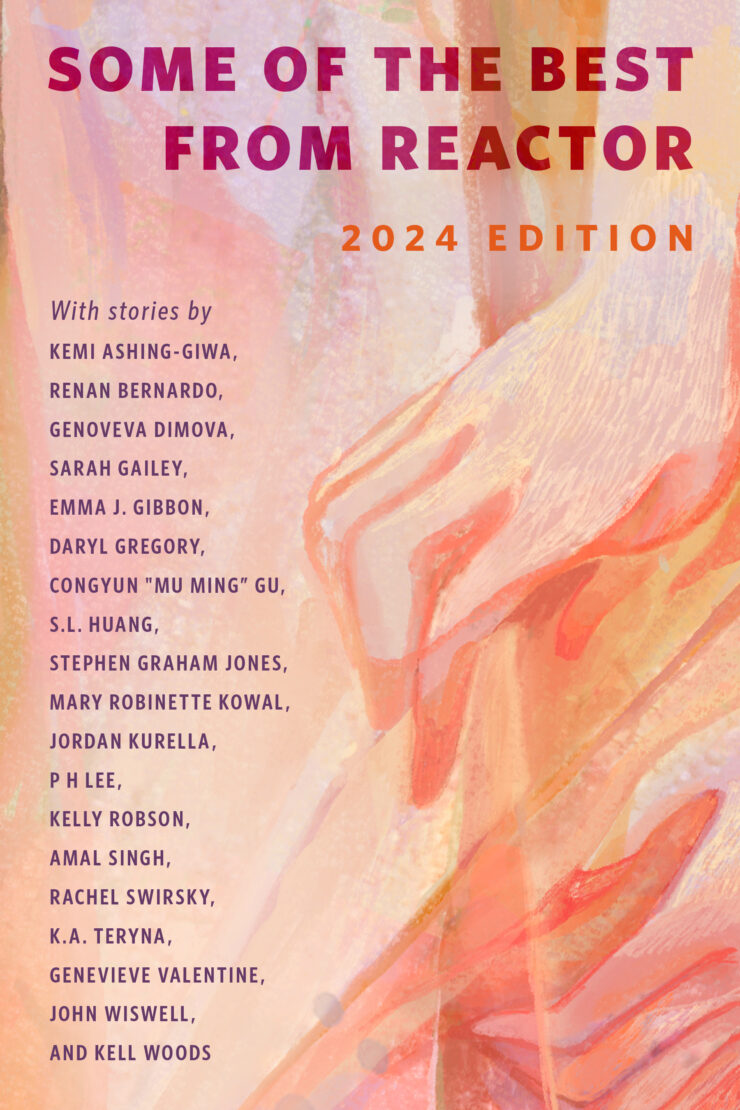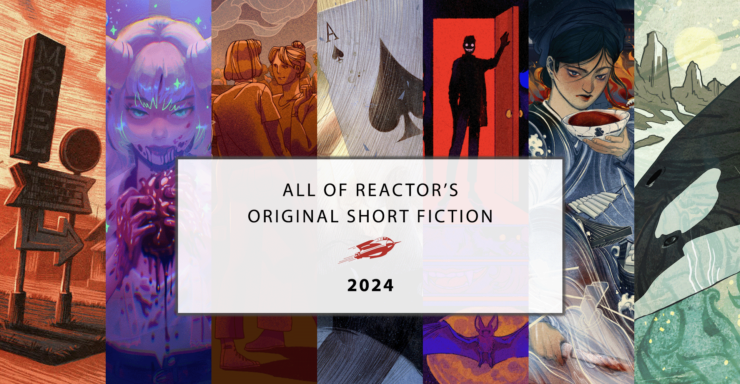Earlier this year, I made a reading list and a review of sorts of speculative short fiction by Africans published in 2019. Because my own published work for the year was set in a dystopian world and post-apocalyptic, and for other reasons, including the times, I attempted to see how many were similar or also post-apocalyptic or set in dystopias at least. My findings were that there weren’t many. Of the almost fifty stories on the list, barely five fit the criteria. Which made me wonder: are post-apocalyptic science fiction/fantasy or speculative stories becoming a thing of the past? Are they now a tired, old, forgotten trope, relics of a past age that must give way for more realistic or relevant storytelling?
I particularly have a strong fascination with those kinds of stories. And considering the times we live in, and the ones we seem to be heading into, one could argue that these stories are even more pertinent now. They serve to warn us of the path further down if humanity’s precipitous march is not halted, or at least slowed. It is possible that there isn’t as much of a shortage of post-apocalyptic or dystopian stories as I think and I am just not looking hard enough. Or perhaps it’s a thing affecting just the short story form. It could also be that there just aren’t as many coming out of the African continent.
On another note, it could be that post-apocalyptic or dystopian SFF and speculative fiction have indeed lost their appeal since the times we live in could very well be termed post-apocalyptic and dystopian, and thus writing that kind of fiction is an overkill, rehashing or over flogging the issue and people might be more in mind for stories that are lighter, happier, and less a discomfortingly strong match with the times.
I do still believe they are pertinent and enjoyable, even in these times. So, I made this list, to draw attention to some of the speculative short fiction by Africans, which are post-apocalyptic, or set in dystopias, and published in the 2019 calendar year. Please feel free to leave your thoughts on these, and mention any you think worth considering as well.
What the Dead Man Said by Chinelo Onwualu
What the Dead Man Said by Chinelo Onwualu on Slate is a short story about climate change, migration, and family secrets. It is devastating science fiction that looks at a new Biafra, which broke away from Nigeria, in the 22nd century. The story follows a great return of its peoples from the diaspora, following the creation of the new nation state. Plagued by low fertility and childbirth, maintenance of the social structures and the society itself becomes a problem. The main character returns to Onitsha city in new Biafra, whose inhabitants prefer to live in tower communities, to witness the burial rites of her late father and confront his electronic ghost for answers and some form of closure. The story is sad, forlorn, and beautiful for all of that. This is a Future Tense Story, a partnership of Slate, New America, and Arizona State University that examines emerging technologies, public policy, and society.
Dune Song by Suyi Davies Okungbowa
Dune Song by Suyi Davies Okungbowa is a post-apocalyptic short story in Apex magazine, issue 120. It is about the people of Isiuwa who live in the middle of the desert, with the rest of the world swallowed up. They are barred from leaving on pain of death by its despotic ruler. The world they live in is bleak, hope is sparse, and fear dominant. The main character Nata finds life there unbearable. She has tried to leave before and failed, a crime which carries a death sentence, which she narrowly escaped. She is determined to try again though. The story explores the politics of totalitarianism and a government that seeks to protect its people by curtailing their freedom. Eventually, Nata will make an ally in a boy who also seeks to leave like her and together they will make a play for their freedom once again, with their lives in jeopardy, and forfeit, should they fail. The story is short, but packed, compact, evocative and fantastic.
Eclipse Our Sins by Tlotlo Tsamaase
Eclipse Our Sins by Tlotlo Tsamaase is a novelette published in Clarkesworld Issue 159. It is set in a world in which Mother Earth seeks revenge for the sins committed against her. In this world, physical illnesses can be caused by violent thoughts and actions. The world seeks to protect itself by punishing those who pollute it with xenophobia, rape, racism, and homophobia. The story follows a protagonist struggling to survive in this fallen world trying to revive itself, as she searches for a way to help her fragile and vulnerable family members. Eclipse Our Sins is a rich, complex and well told story that stands as a warning of a bleak, but likely future, should we choose not to heed the cries and warnings of Mother Earth.
More Sea Than Tar by Osahon Ize-Iyamu
More Sea Than Tar is Osahon Ize-Iyamu was published in Reckoning 3 and is set in a post-climate-dystopia Nigeria rife with flooding and pollution. The characters in it struggle to survive in this almost drowned world. Lack of food and resources, in addition to the flooding and pollution make this world very difficult to survive in. The main characters, Uti and his family, encounter violence and hard choices in their quest to find succour and eventually succumb to the troubles and disasters inevitable in a world like that. The story is well written and makes use of strong and vivid imagery, to show the possible damage that can result from a climate disaster in Sub-Saharan Africa.
Oduduwa: The Return by Imade Iyamu
Oduduwa: The Return, written by Imade Iyamu was published in the Young Explorer’s Adventure Guide, Volume 6. It is a futuristic sci-fi short story set on a planet where humans have been colonised and are bred for food, treated like animals by an alien species capable of telepathic communication through what they call their znog. The story examines colonialism, and the way humans see and treat other sentient creatures. The way the aliens are portrayed, and their implicit belief in their superiority and humans as inferior, forces the reader to see themselves in the position of the oppressed. It’s a touching and gripping story that utilizes the Yoruba cosmology and lore and a futuristic setting to paint a world we are all too familiar, and that we can relate with.
Ekpeki Oghenechovwe Donald is a Nigerian writer. He won the Nommo Award for best short story by an African in 2019, awarded by the African speculative fiction society. He has been awarded an honourable mention in the L Ron Hubbard’s Writers of the Future contest twice. His Nommo Award-winning short story The Witching Hour also made the Tangent Online Recommended Reading List for 2018 with 2 stars. He slush reads for SFF mags Strange Horizons and Cosmic Roots and Eldritch Shores and is co-editor of the Dominion Anthology. He’s a member of Codex, SFWA, and the African Speculative Fiction Society and can be found here, on his website














